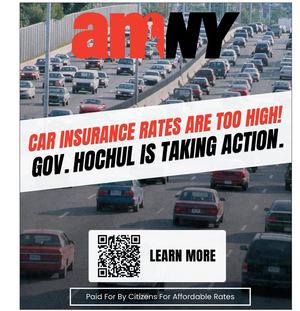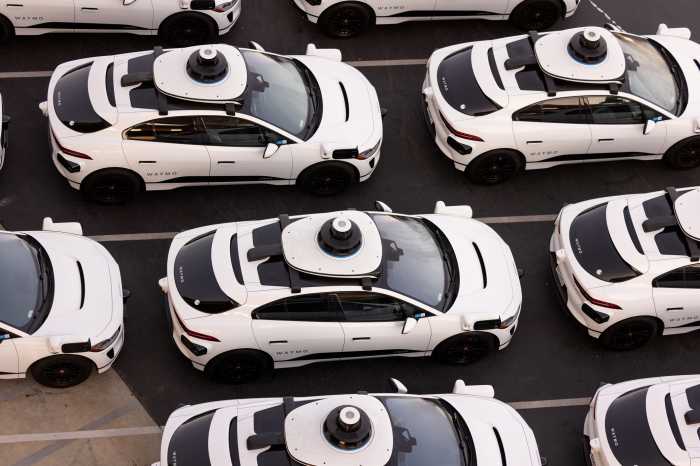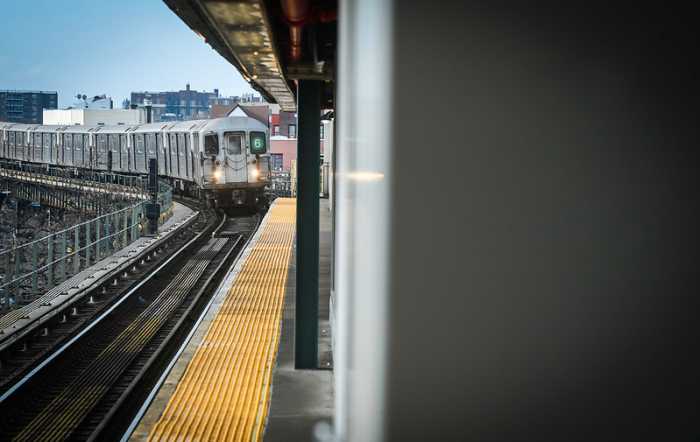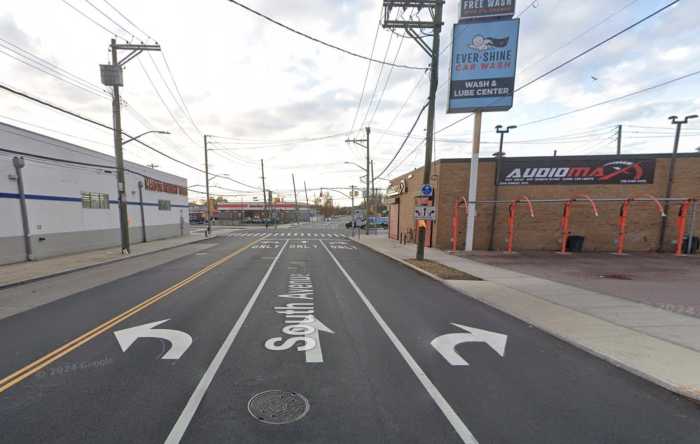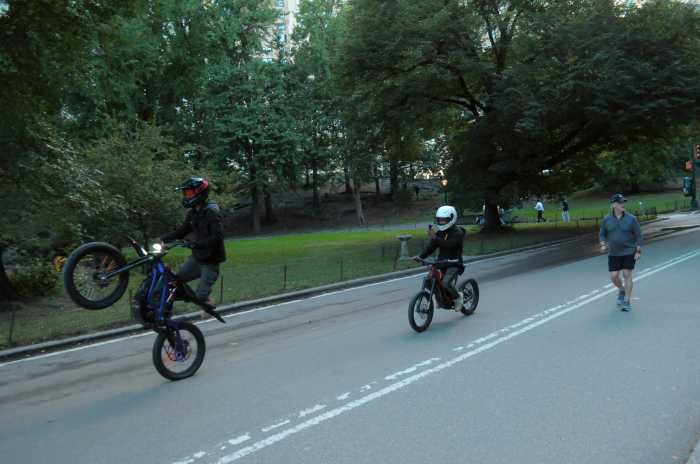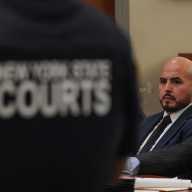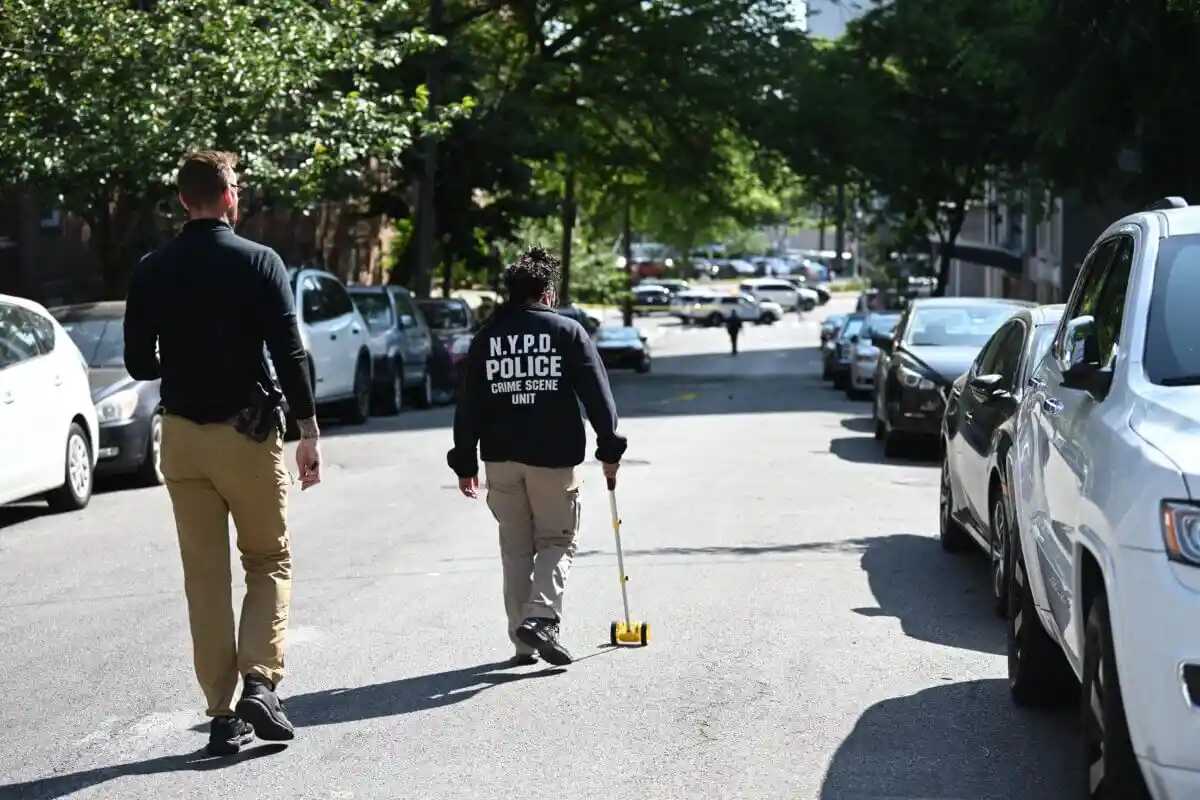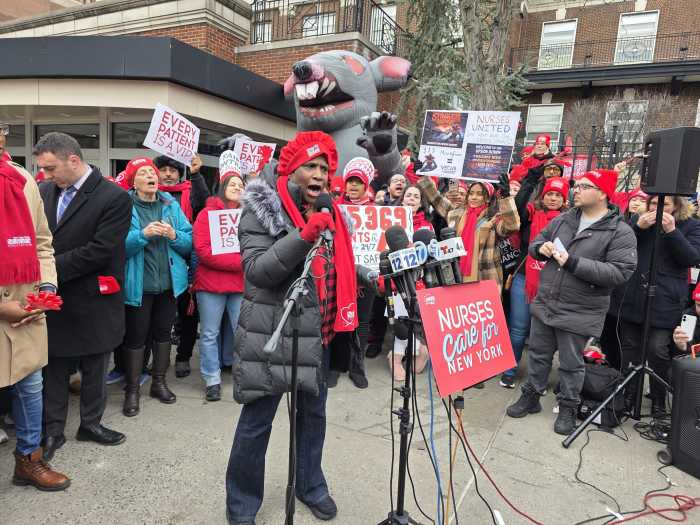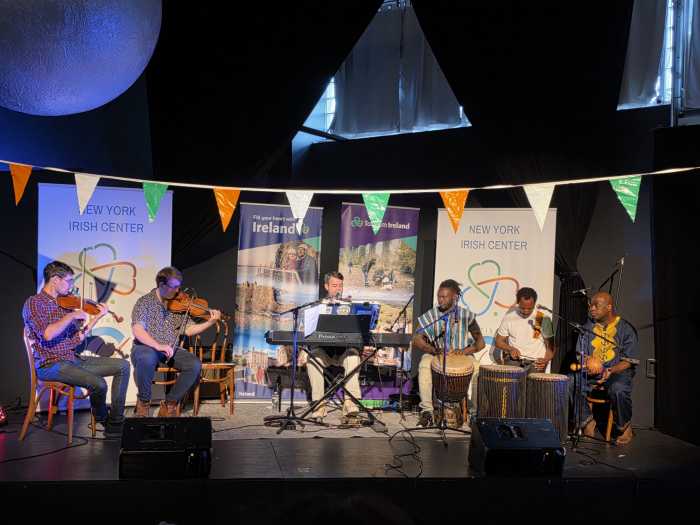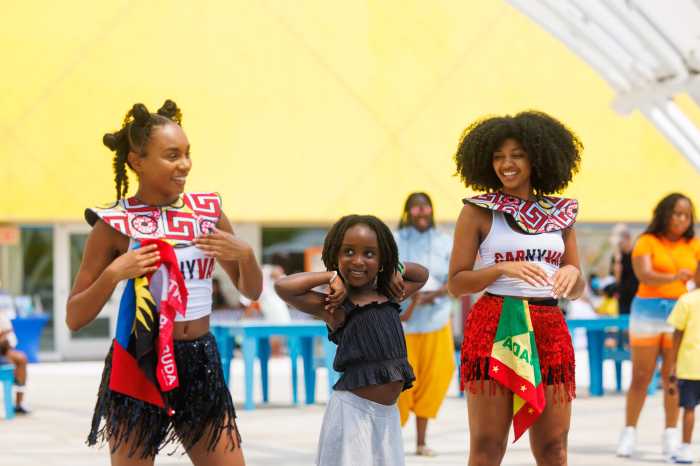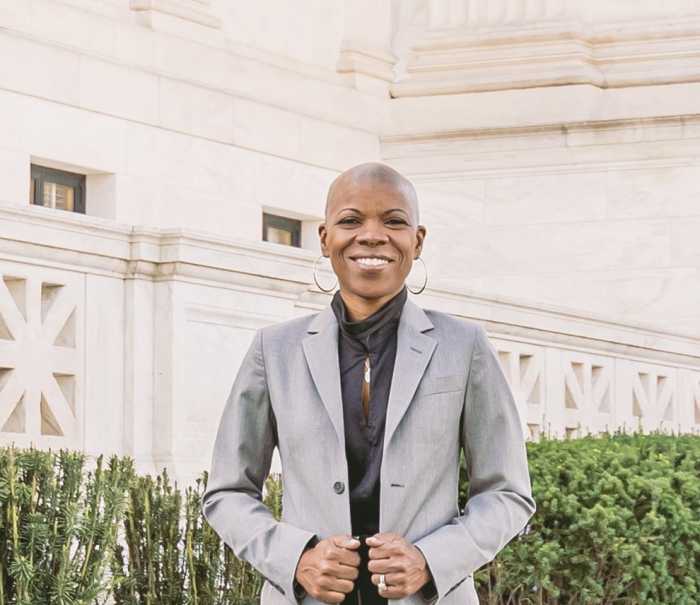
New Yorkers gritted through another MTA fare and toll hike Sunday, shelling out more from their wallets for depreciating service, they said.
Monthly MetroCard rates have increase from $116.50 to $121 and weeklies will rise by a buck to $32.
The base MetroCard swipe has been preserved at $2.75, but with significantly reduced purchasing bonuses. Riders will now only receive 5% of added value with a $5.50 purchase. Previously, they were given an additional 11% when they added that amount to their cards.
“Living in the city, it’s like rent: You can just expect the fares to go up,” said Kim Goh, 28, a social worker from Stapleton, Staten Island, who said he’s watched his weekend subway service decline as fares rise.
The increase, which spans across the MTA’s mass transit network, bridges and tunnels, marks the sixth time that the MTA has raised rates since 2008. It’s part of the MTA’s planned, biennial hikes to meet costs growing with inflation. About 75% of revenue from the hike goes toward safety and reliability efforts.
On the subways, the hike comes after the opening of the first phase of the Second Avenue line as well as the 7 train extension on Manhattan’s West Side.
But it also follows a year during which the MTA saw its annual subway ridership drop for the first time since 2009, thanks to fewer weekend riders. Straphangers who have faced a soaring number of delays and especially unpredictable, lengthy wait times on weekends took little solace in the expanded service.
“Well, how does [the Second Avenue subway] help me?” asked Shaney Compton, 37, a nanny from East Flatbush, who said she gives herself an extra 45 minutes to get where she’s going on the weekends because of maintenance-related service interruptions.
“Everything increases but my paycheck,” said Compton. “Rents go up, the subway goes up—what part of our paychecks is left for ourselves?”
The MTA’s hikes feed the affordability crisis in New York City, according to Jesse Laymon, director of policy at the New York City Employment and Training coalition, a non-profit membership organization for city workforce providers. Rising MetroCard rates serve as a barrier to the poor who are looking to find work, he said.
“What’s standing in the way of [income equality] is the harsh reality that it’s expensive to be poor in this city and it’s even more expensive to lift yourself or your family out of poverty,” said Laymon.
Elected officials and advocates rallied outside a subway entrance facing the Barclays Center on Sunday to call on Mayor Bill de Blasio to fund half-fare MetroCards for city residents living at or below the Federal Poverty Line—similar to how the city and the MTA have funded fare subsidies for senior citizens, the disabled and school children.
The proposal, pushed by the Riders Alliance and Community Service Society of New York (CSS), could impact 800,000 New Yorkers and would cost the city about $200 million per year, based on anticipated participation levels.
While the MTA is run by Gov. Andrew Cuomo, advocates believe it’s within the city’s responsibilities to fund the subsidy. At the rally, advocates operated a “Subway Fare-apy” board, where riders pinned sticky notes with messages urging the mayor to step up.
De Blasio declined to fund such a program in his proposed $84.67 billion budget, unveiled in January. He said the city couldn’t afford the subsidy, which he called a “noble idea,” especially as it faces federal funding cuts.
When de Blasio was recently asked why he has prioritized citywide ferry service and a $2.8 billion streetcar project over the fare subsidy proposal, the mayor argued that the question was a conflation of two different problems.
“Affordability of mass transit is a crucial issue; availability of mass transit is another crucial issue,” de Blasio said during a March news conference. “Right now we don’t have enough mass transit options.”
The proposal has picked up support from four borough presidents and a majority of City Council members. Manhattan Councilman Ydanis Rodriguez, chairman of the Council’s Transportation Committee, said he would push for the inclusion of the funds in the city’s final budget. Finding the funding has become a priority for the Council’s Progressive Caucus, according to one of its members, Brooklyn Councilman Carlos Menchaca.
“Public transit is not public if the public can’t afford it,” Menchaca said.
